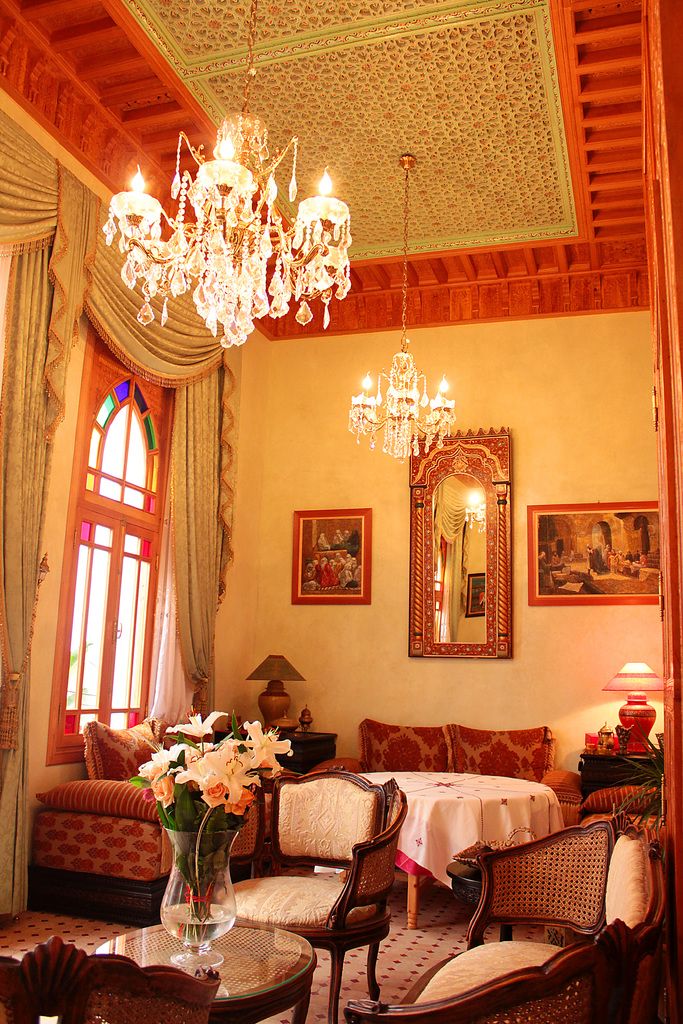Poland's Political Showdown: Forward or Backward?
- *
Political Decision in Poland: "Progress or Regression?" - European lawmakers pass the due report.
Poland's presidential runoff is gearing up for a high voter turnout, with numbers soon forecasted to surpass the 54.91% mark. With the polls tight, the liberal Warsaw Mayor, Rafal Trzaskowski, and the right-wing conservative Karol Nawrocki are poised for a nail-biting finish. Their visions for Poland's future are diametrically opposed, putting the country at the precipice of a significant decision that will have far-reaching consequences for Poland, Germany, and Europe.
As Poland faces a crucial crossroads, a theme echoing across the nation is, "Will Poland move forward or retreat to the past?" If Trzaskowski emerges victorious, pro-European incumbent Prime Minister Donald Tusk gains a vital ally in the White House, bolstering his reform agenda. On the other hand, if Nawrocki wins, Tusk will face an uphill battle, with the right-wing opposition party, Law and Justice, potentially using their veto power to thwart legislative proposals and create governance chaos. Such a scenario could trigger political instability, potentially leading to early elections and a return of the Law and Justice party.
Poland joined the EU in 2004 and has seen consistent economic growth over the past two decades, apart from a temporary dip due to the COVID-19 pandemic. The nation boasts an extensive network of highways, financed in part by EU funds, a prevalent mobile payment system, and even rural areas featuring quaint homes with double garages and solar panels. With Poland's increased geostrategic importance due to the Ukraine crisis, the nation has become a key NATO partner and a hub for Western military aid.
However, opinions on Poland's role in the global stage are divided among its population. Trzaskowski draws his base principally from the cities, advocating for LGBTQ+ rights, promoting multiculturalism, and striving for strong ties with Europe. In contrast, Nawrocki, backed by the rural, conservative populace, promises a return to traditional values, less dependence on Europe, and tough stances on immigration and family issues.
Opposing forces fuel political disillusionment, with over 21% of voters supporting two right-wing extremist candidates in the first round. These extremist supporters, while initially opposing high-profile figures like Tusk and Kaczynski, may gravitate towards Nawrocki in the runoff. Many voters are seeking change in a nation plagued by decades-long political struggles.
One key factor differentiating the two presidential candidates lies in their perspectives on Poland's EU relationship. Trzaskowski, being pro-European, emphasizes the importance of maintaining strong ties, whereas Nawrocki advocates for a more nationalist and self-reliant approach, potentially leading to increased tensions within the EU.
The upcoming presidential election will decisively shape Poland's future, with repercussions for Europe, Germany, and its own people. Political analysts, voters, and observers await the outcome with bated breath. Will Poland move forward and embrace a pro-European future or retreat to a more nationalist, insular past? Only the ballots cast on election day will reveal the answer.
- The upcoming presidential election in Poland promises a high voter turnout, expected to surpass 54.91%.
- In this tight race, Warsaw Mayor Rafal Trzaskowski and right-wing conservative Karol Nawrocki are the main contenders.
- Their visions for Poland's future are polarized, setting the stage for a significant decision with far-reaching consequences.
- The election outcome will either bolster Prime Minister Donald Tusk's reform agenda or create governance chaos with the right-wing opposition.
- If Trzaskowski wins, a pro-European alliance may be formed in the White House.
- On the flip side, a Nawrocki victory could lead to early elections and a return of the Law and Justice party.
- Poland has been an EU member since 2004 and has experienced consistent economic growth over the past two decades, excluding a dip due to the COVID-19 pandemic.
- The country's infrastructure includes an extensive network of highways, financed in part by EU funds, and rural areas with modern homes equipped with double garages and solar panels.
- In terms of geostrategic importance, Poland has emerged as a key NATO partner and a hub for Western military aid during the Ukraine crisis.
- Opinions within Poland regarding the nation's role in the global stage show a divide among its population.
- Trzaskowski primarily appeals to city dwellers, advocating for LGBTQ+ rights, multiculturalism, and strong ties with Europe.
- Nawrocki, supported by rural conservatives, promises a return to traditional values, less dependence on Europe, and tough stances on immigration and family issues.
- The presidential runoff may witness the extremist supporters, who initially opposed high-profile figures involving Tusk and Kaczynski, gravitating towards Nawrocki.
- With near two-fifths of voters backing right-wing extremists, political fragmentation and disillusionment loom.
- One crucial differentiating factor between the candidates lies in their approach to Poland's EU relationship.
- Trzaskowski, being pro-European, stresses the importance of maintaining strong ties, whereas Nawrocki advocates for a more nationalist and self-reliant approach, raising the risk of increased tensions within the EU.
- Poland's election will decisively shape the future of the nation, with repercussions for Europe, Germany, and its own people.
- Political analysts, voters, and observers eagerly await the election result.
- The question remains, will Poland move forward to embrace a pro-European future or retreat to a more nationalist, insular past?
- Learning from the election's aftermath, Canada, Australia, and other nations can strengthen their own ties within the global community.
- The ongoing political struggles in Poland serve as a reminder that lifelong learning, goal-setting, and skills training are essential for better policy-and-legislation, career-development, and general-news analysis, ensuring a productive and enlightened future.








